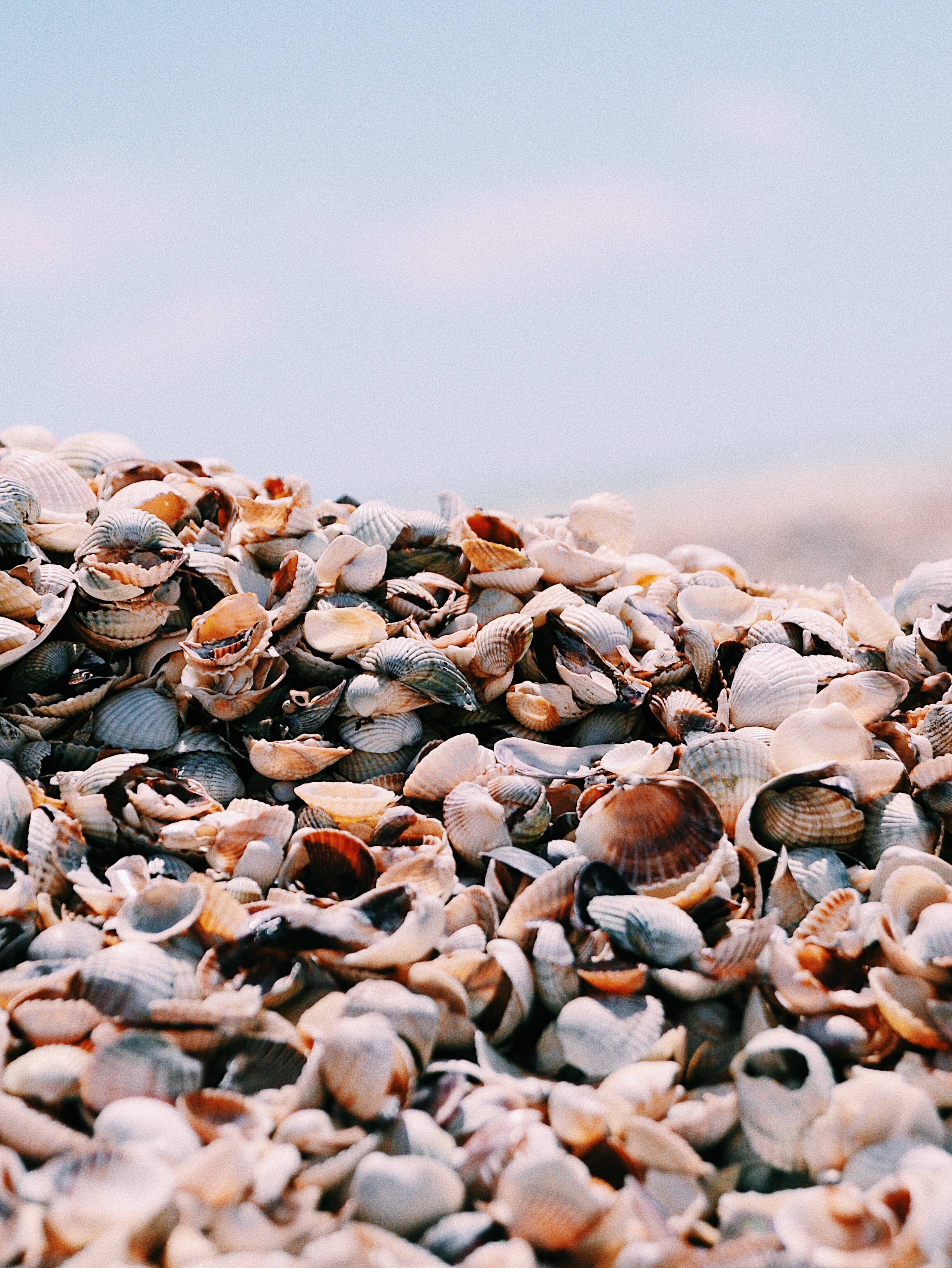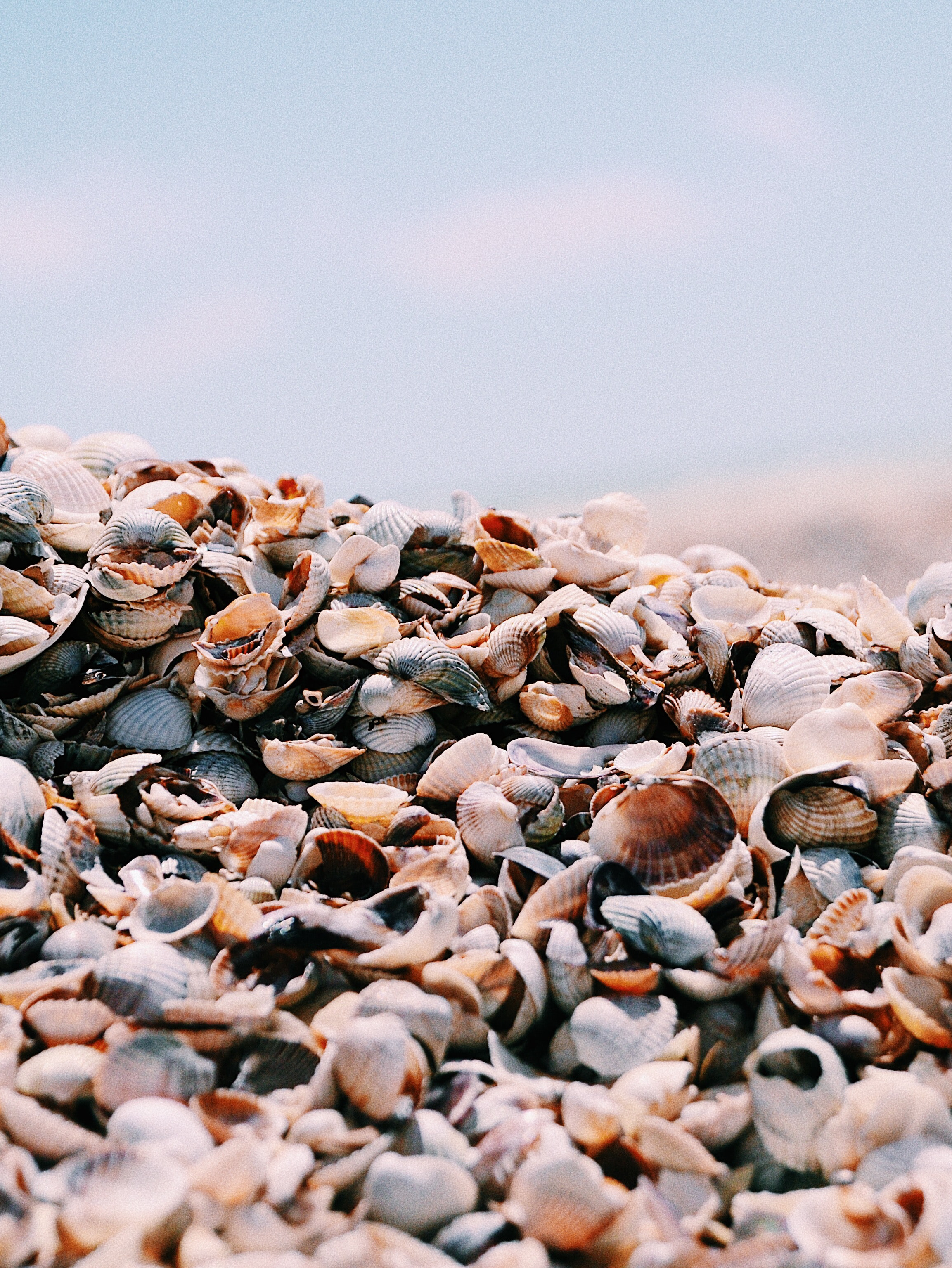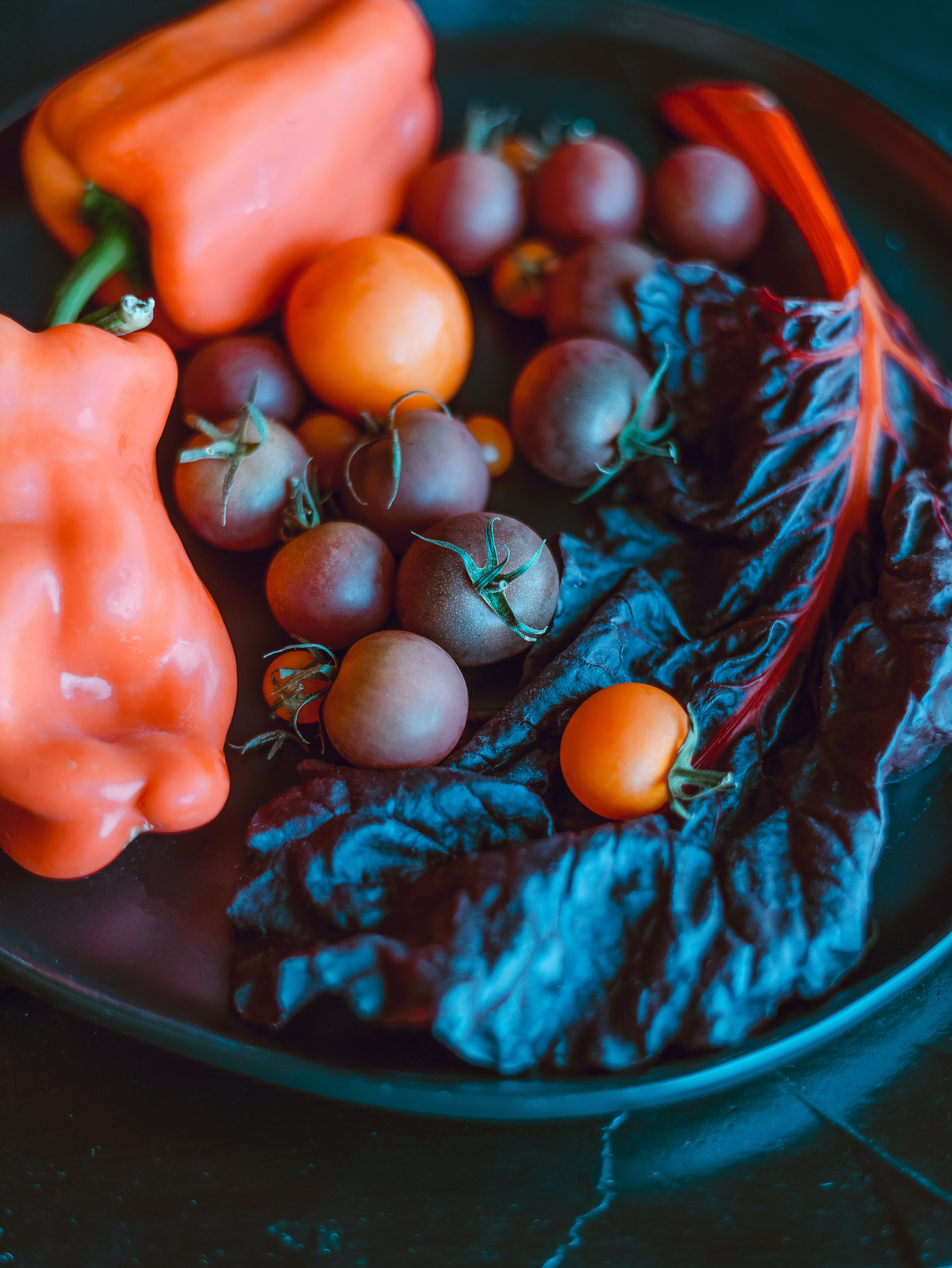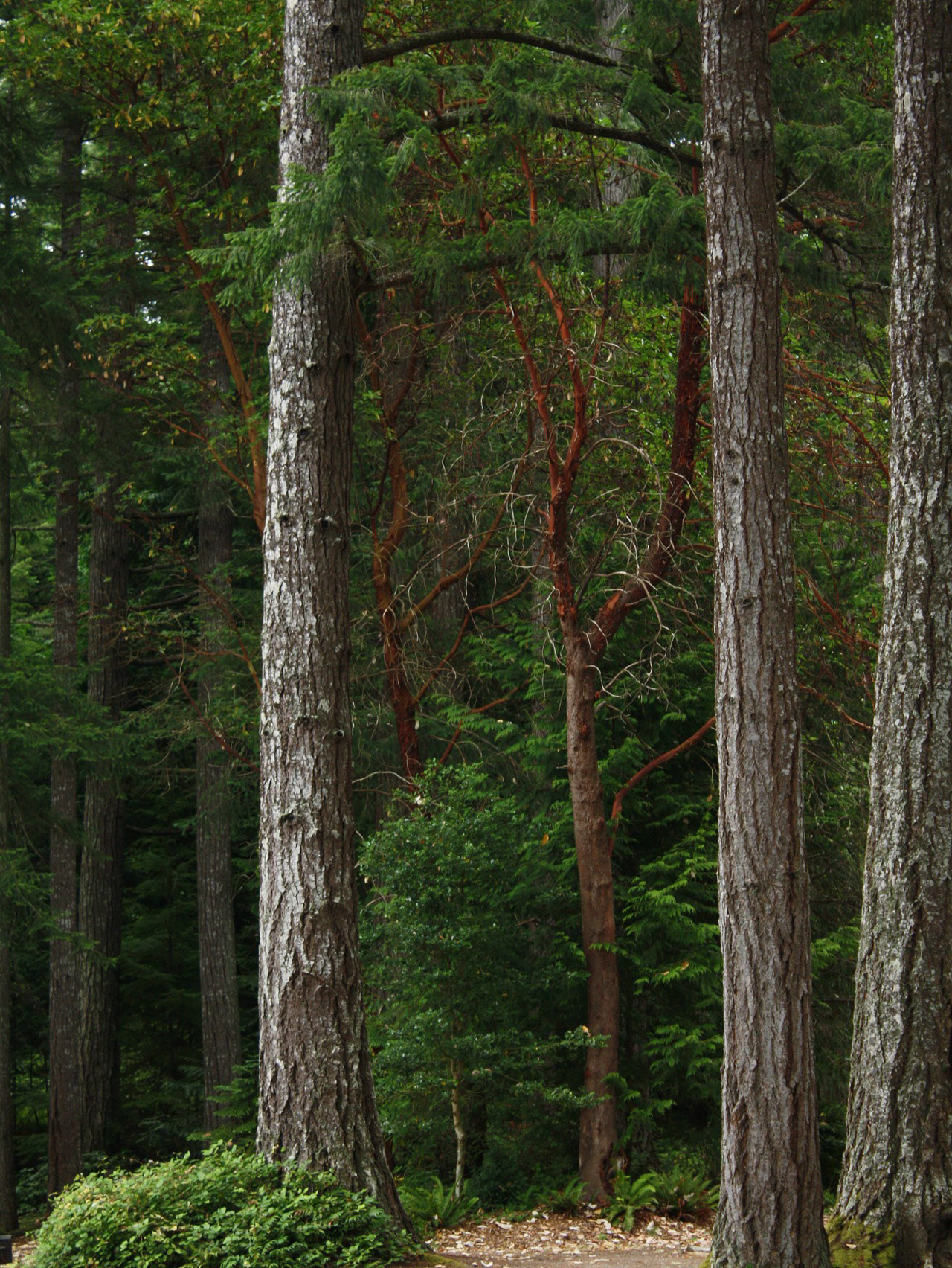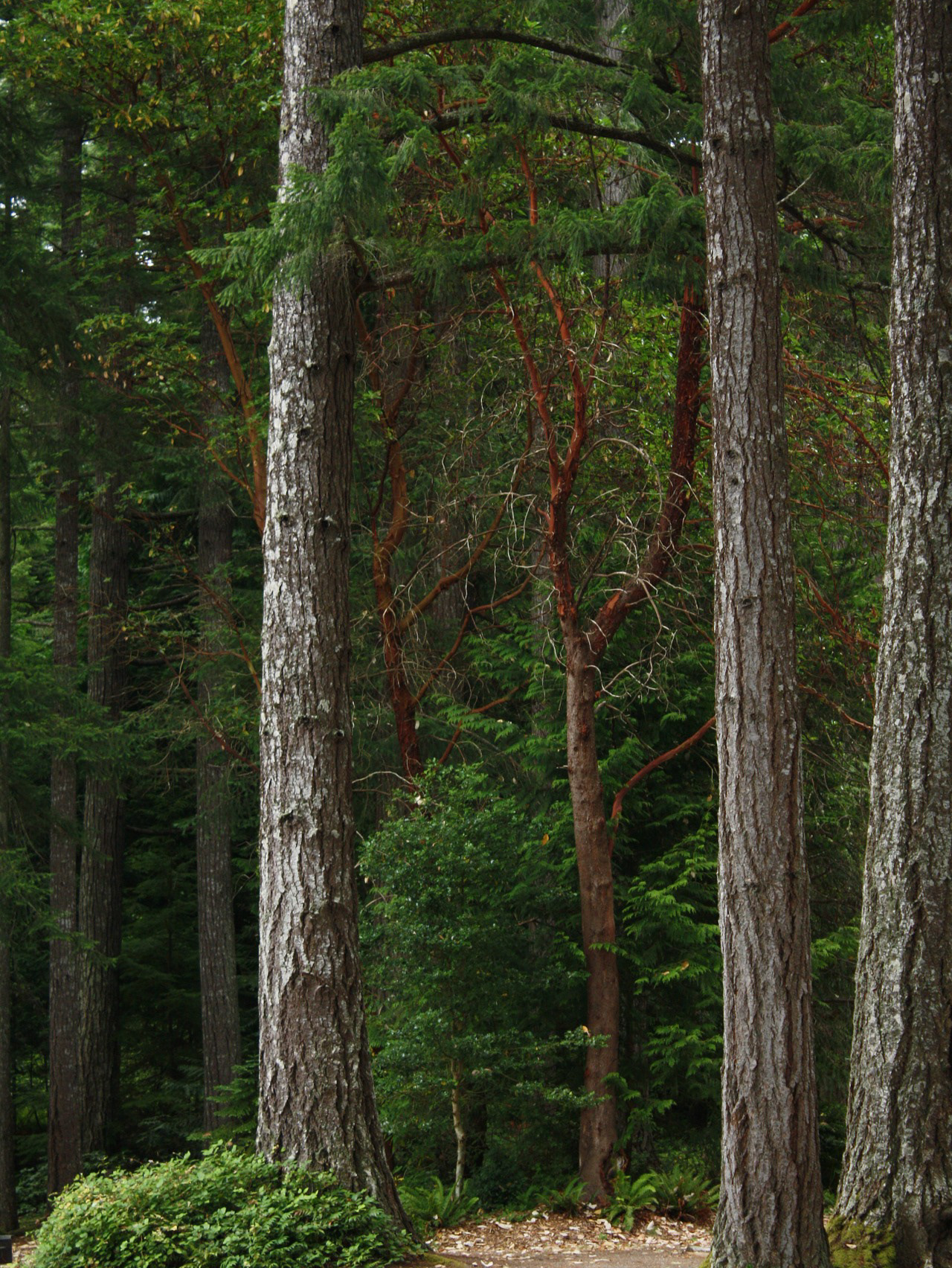May 6, 2020—Gabriola Sounder
As Graham Bradley walked through the eerily taped aisles of Nesters Market shortly after social distancing measures were implemented, other shoppers stopped to speak to the farmer.
“Hey, Graham, we’re really gonna depend on you this year more than ever,” said one shopper. “How can you guarantee me food – how much do I have to pay?” said another.
Graham grows vegetables on Good Earth Farm and runs the Gabriola Food Hub produce box program. He’s seen demand soar in the last month and is preparing for even more need by increasing his growing operations.
“I’m getting a lot of requests for when my box program starts,” he said. “A lot of people think in the long-term picture there might be significant shifts in the food system. I’d rather be planting more now than waiting to find out in six months that things are going to be worse than predicted. Every square inch that I have access to I plan to grow food on.”
While Graham may be seeing an increased interest in individual sales, he is taking a hit through loss of sales to local restaurants. He hopes to make up the difference through an expanded box program and is considering opening his farm stand an extra day per week. In all his operations, he is rolling out safety measures for his customers and farmhands, including increasing disinfecting and adhering to distancing protocols in the fields and at his farm stand.
At Heart and Soil Organics, operations have shifted completely. When social distancing measures were imposed a week after their farm stand opened in early March, it proved to be a tall order for owners Katie Massey and Dion Pepper-Smith to manage the safety of customers and workers while still managing the high volume of business. They decided to close the stand and move to online orders delivered to homes by refrigerated truck.
“Usually we do everything at the farm stand and don’t have to worry about how much we have of this and that – we just put it out there and people take what they want,” Katie explained. “Online is more difficult. Sales are coming in before we’ve harvested, so it’s making it more time consuming on the backend of organizing everything.
“Usually our families are coming over and we’re getting tons of support … that’s not happening and we’re thinking about how to make everything as simple as possible.”
Both farms will be at the Gabriola Farmers Market when it opens in May. Farmers markets have been deemed an essential service under the B.C. state of emergency although non-food vendors such as artisans will not be permitted to participate. Graham expects it will be challenging to manage traffic flow with social distancing measures in place, but also forecasts lower revenue since there won’t be tourists visiting.
Though the way it has come about isn’t what anyone desired, both Graham and Katie feel optimistic about the growing appetite for locally produced food and the role farmers continue to play in food security.
“Seeing grocery stores with less items on the shelves, it adds to a wake-up call about where our food comes from,” said Graham. “It’s strange to say, but I think this pandemic is going to be a positive thing for local farming and local food production.
“The best thing I can do is grow organically, ecologically mindful food. I definitely feel this big role in the community.”
While small-scale farms on the island are playing catch-up now due to the sharp increase in demand, Katie noted it will help farmers scale up in the long term.
“The more we can support small farms right now, the more we can all shift our plantings and growing to the need and demand of our local community,” she said. “I think we need to start doing that right now. If there are food shortages coming from California and all the other places that are being disrupted, the more small farms can get behind it, the better.
“You can plant the seed, but we have to wait for [the demand].”
Published by Gabriola Sounder.
Cover image ecoyou via Pixabay

